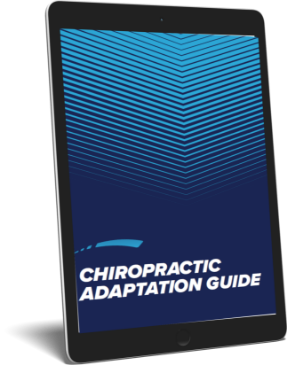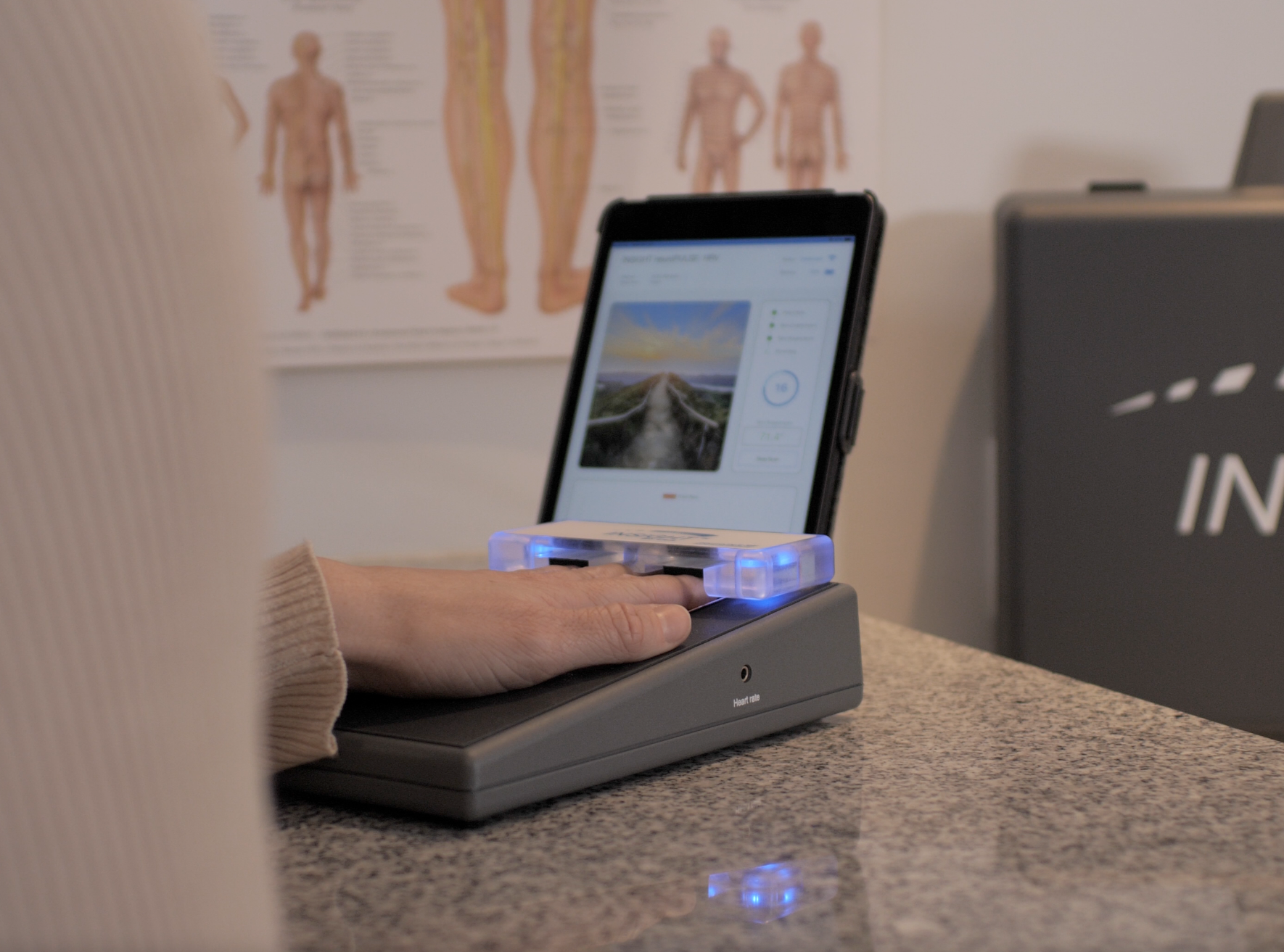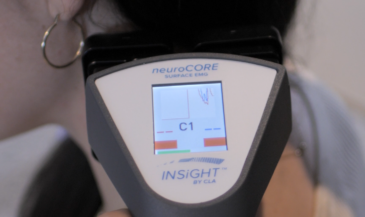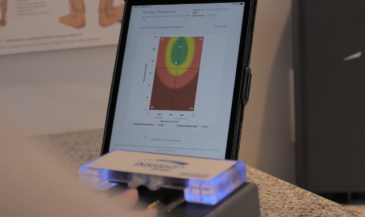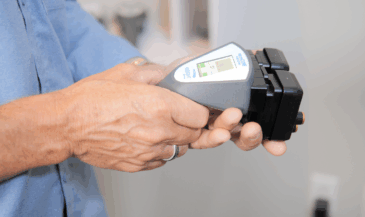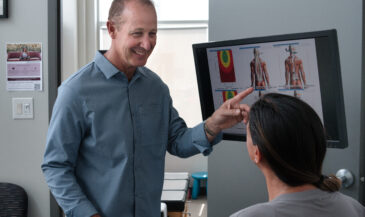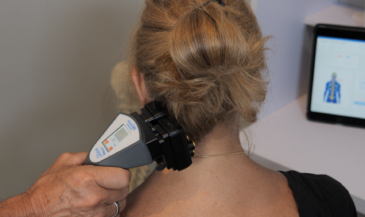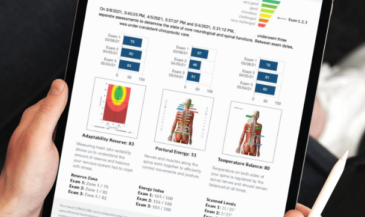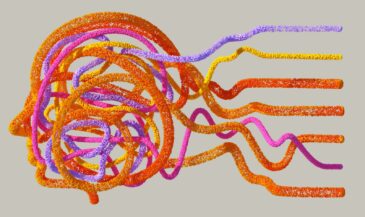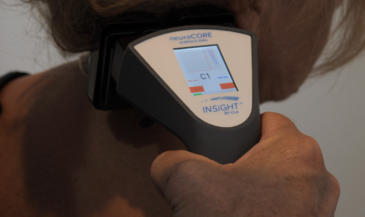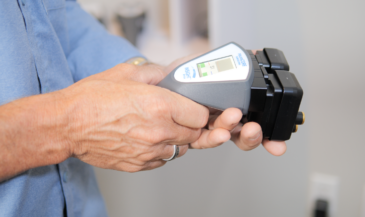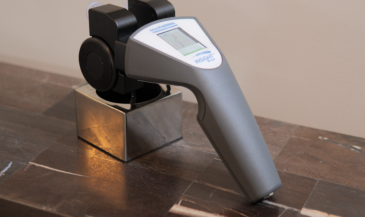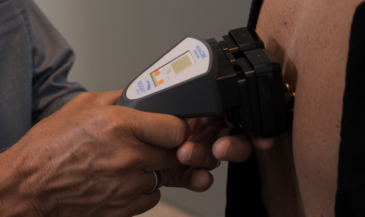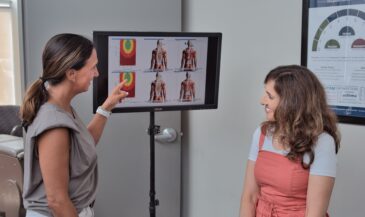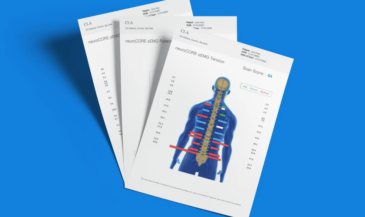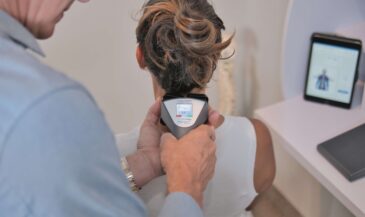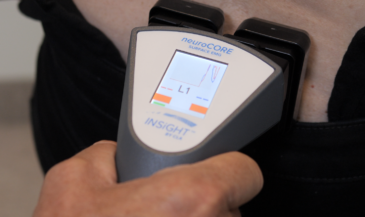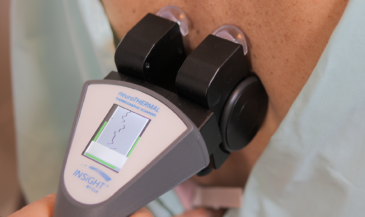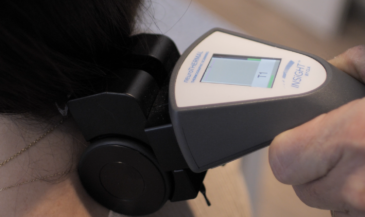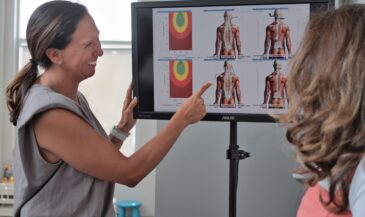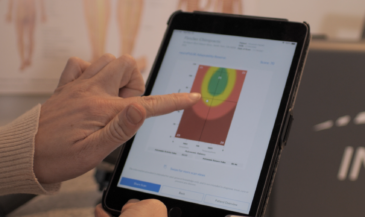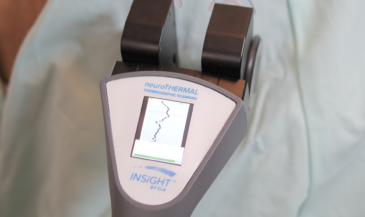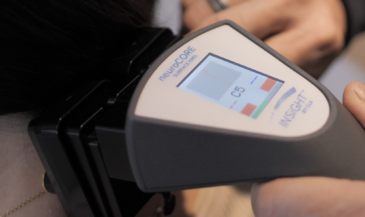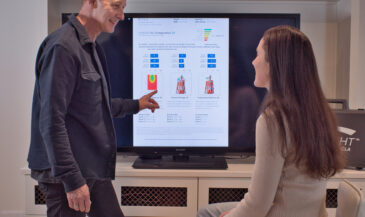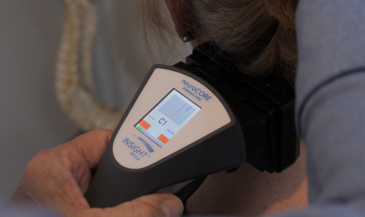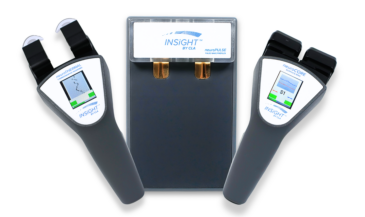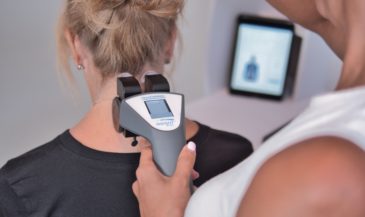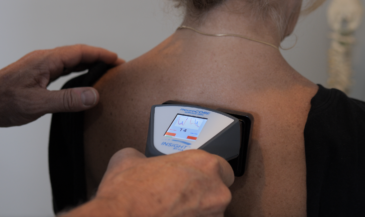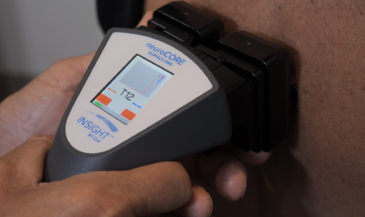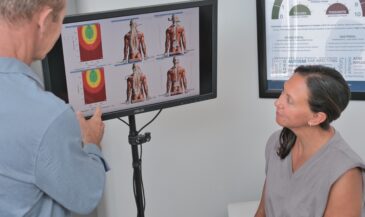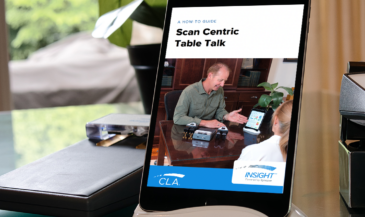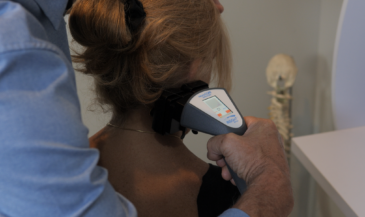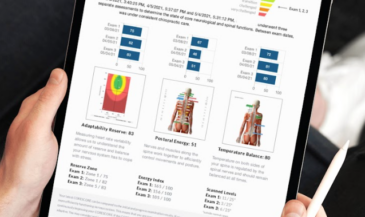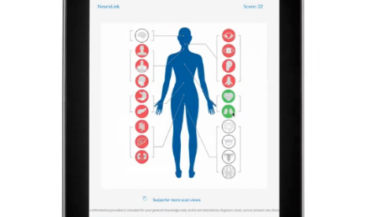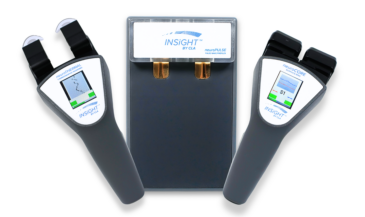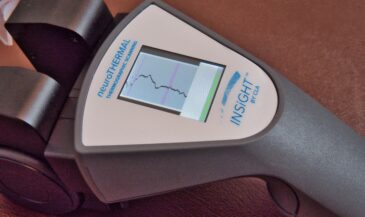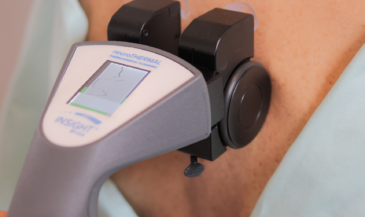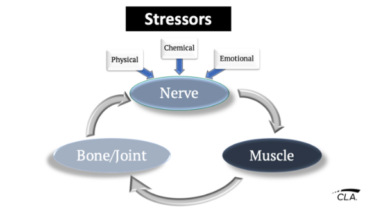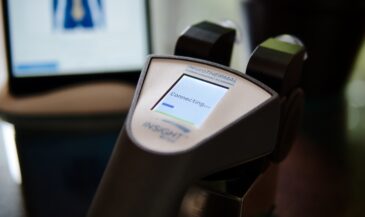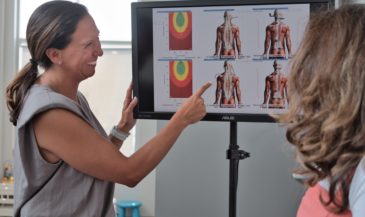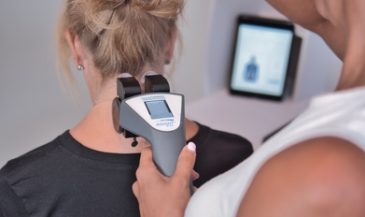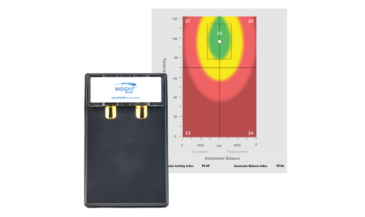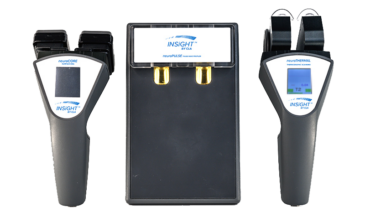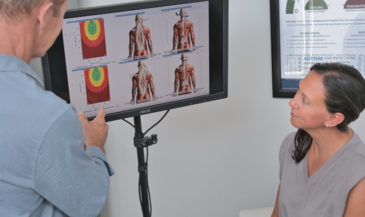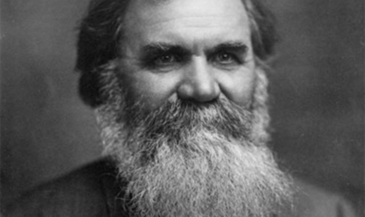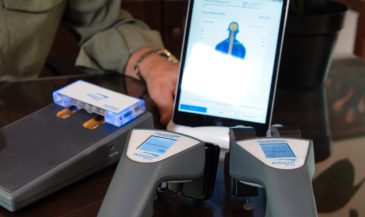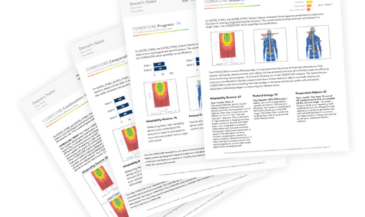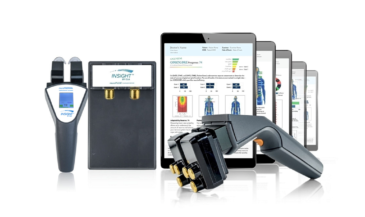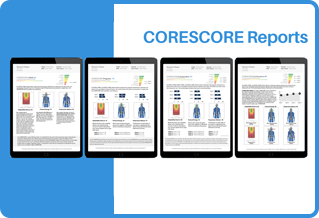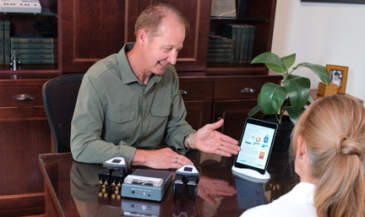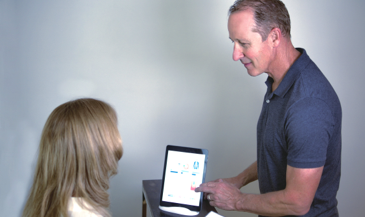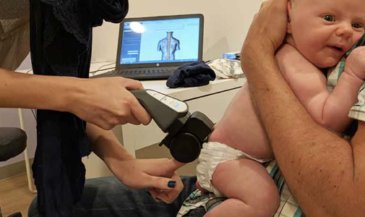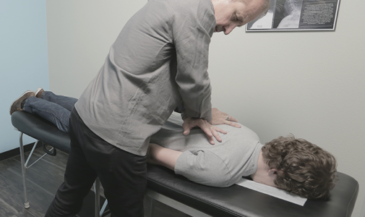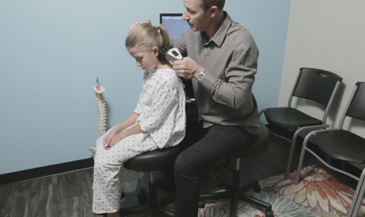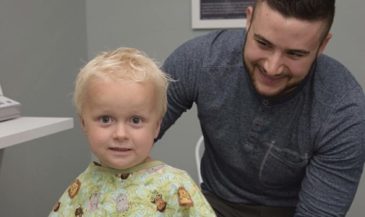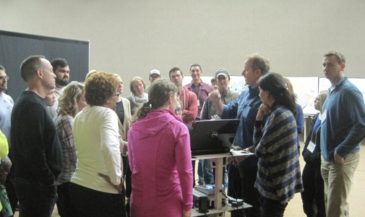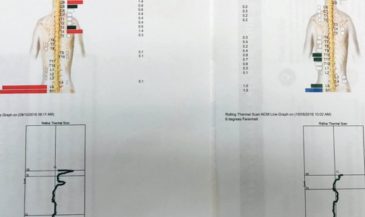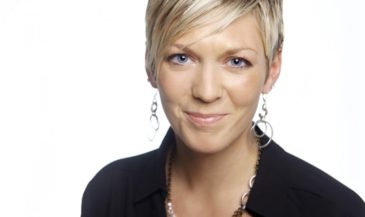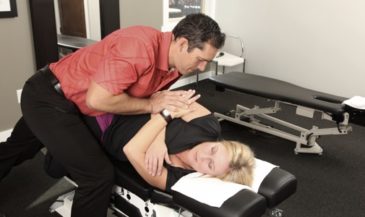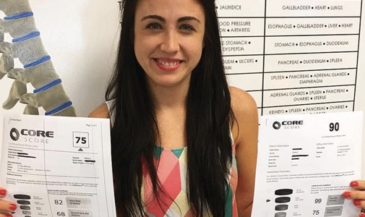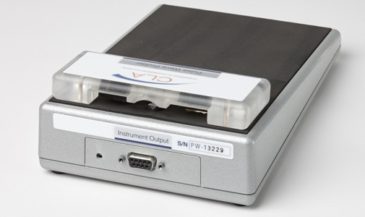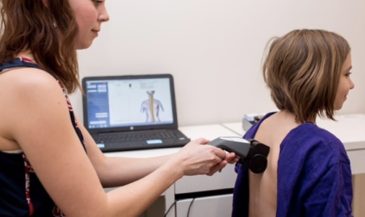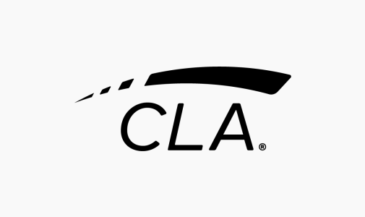In Response to Dr. Troeger
Legal boundaries
By Dr. Christopher Kent
Thank you for taking the time to respond to my column, “Duty to diagnose?” which appeared in the May, 2001 issue of The Chiropractic Journal. I am sorry that the article disappointed you. However, the tone of your letter suggests that your disappointment is with the statutory definitions of medicine and chiropractic adopted by various states. Your response, “shoot the messenger,” is inappropriate. Furthermore, your definition of chiropractic is at variance with state law.
I am flabbergasted by your assertion that encouraging compliance with state law borders on “legal malpractice.” Quite simply, if you choose to practice in a given state, and accept the terms and conditions of licensure, you place yourself at risk if you violate them. This is true regardless of whether your state scope of practice is broad or narrow.
Your definition, “Chiropractic is the practice of medicine that encompasses all those practices that do not include the prescription of legend drugs and surgical procedures, unless you practice in Oregon,” is not consistent with the statutory definition of chiropractic in any state. Advising a person to practice in such a manner, with utter disregard for statutes, rules and regulations, and case law would be “bordering on legal malpractice.”
Since you dislike the examples of Michigan and Wisconsin, I will use the statutory definition of chiropractic in your own state, Colorado, to demonstrate that your definition is not applicable. According to C.R.S.12-33-102, Colorado chiropractors are prohibited from practicing colonic irrigation. The term “medicine” is not found in the definition of chiropractic. Furthermore, Rule 7 (1) prohibits chiropractors from engaging in the diagnosis or treatment of cancer. There are other limitations imposed by law, but these will serve to illustrate that a chiropractor in Colorado who practiced using your definition could be subject to discipline.
I have no phobia with the term “medicine.” While a court may take judicial notice of a dictionary definition, such would not prevail over a specific statutory definition. It is a fact that every state has a medical practice act. Law regulates the use of terms such as “physician,” and “medicine.” A tiny handful of states permit use of the term “chiropractic medicine.” The overwhelming majority of states do not. My advice is simple: Comply or be prepared to face the consequences.
Fabricating your own definition of chiropractic, or invoking a quotation from a deceased chiropractic leader, however distinguished, does not change the law. Nor does it diminish your obligation as a citizen to obey the law, or suffer the consequences.
I resent you putting words in my mouth, and justifying your actions by using the term “infer.” Although my position is that the detection and correction of vertebral subluxations are sufficiently complex to support the existence of a separate discipline, I have not sought to impose my will on others. I strongly encourage you to read Concurrent Resolution 46, which provides for a chiropractor’s ability to practice within the scope of state law, while protecting the ability of subluxation-based chiropractors to practice as they wish.
If you choose to practice outside the law, you must be prepared to accept any criminal penalty and/or civil liability resulting from such a decision. That was my message in the article, plain and simple. I feel it is necessary to propagate this position, as many chiropractic students and practicing chiropractors have been misled to believe that they can practice as they wish with impunity.
Scope of chiropractic practice, and use of terms such as “medicine,” are determined by law. This includes, but is not limited to, statutes, rules and regulations, and case law. Wishful thinking, political grandstanding, or the utterances of college and seminar instructors do not determine scope of practice.
Chiropractors should be encouraged to seek legal advice if it is unclear whether a given course of action is in compliance with the law. Those who wish to practice another profession should obtain an appropriate license.




